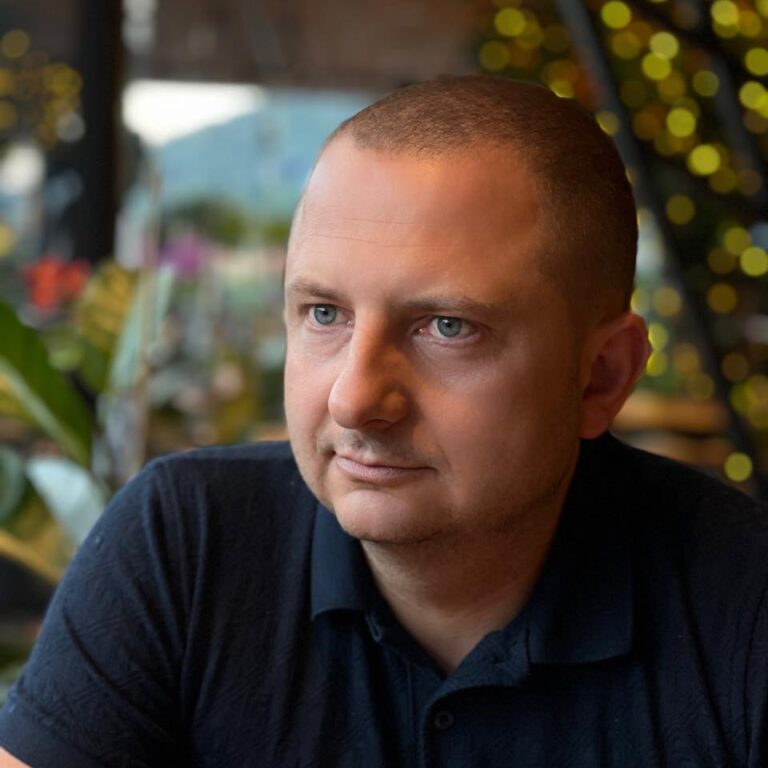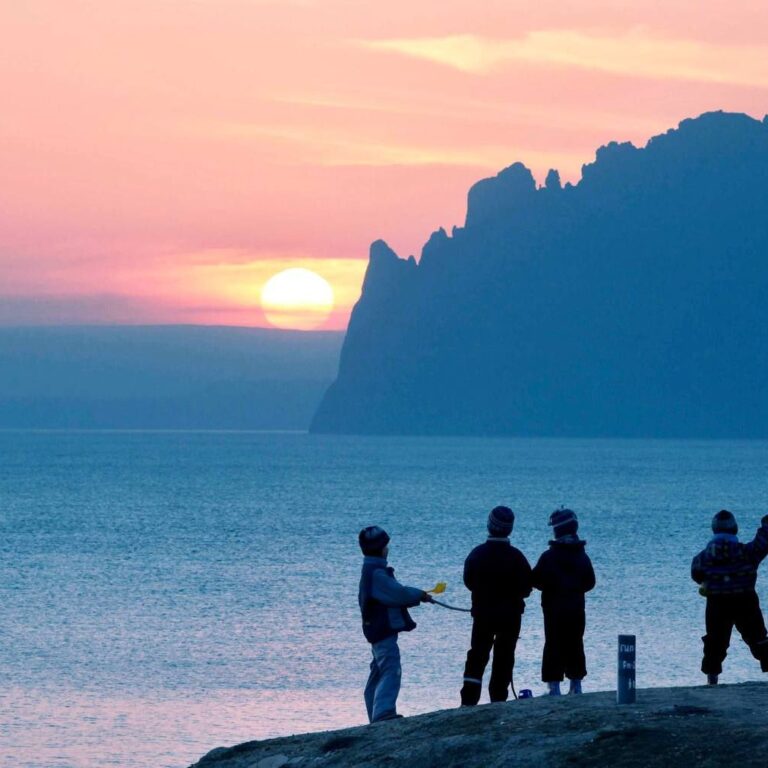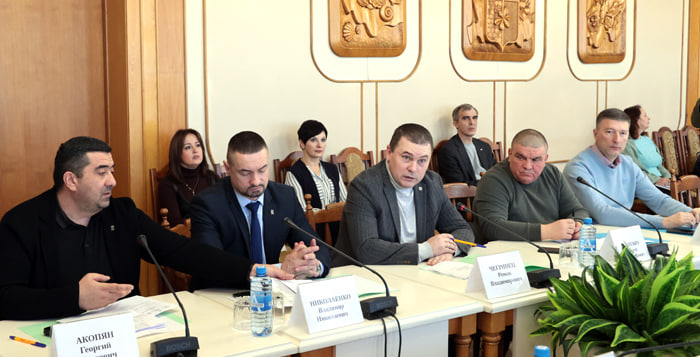Our Association has repeatedly written about the Russian special services’ systematic destructive
activities in Bulgaria, in particular through Kremlin-controlled political structures, and about the
aggressor’s criminal attempts to use this Balkan country for its own illegal “Crimean agenda”.
In particular, we reported on the relevant past and controversial connections and statements of
Bulgarian President Rumen Radev.
In addition, we sent a number of appeals to the authorities of Bulgaria, the European Commission and other authorized structures regarding illegal visits by individual Bulgarian municipal “officials” to the occupied Crimea and the involvement of Bulgarian business in “cooperation with Crimea”, in particular for propaganda purposes.
At the same time, in recent months, a parliamentary crisis has grown in Bulgaria, which is directly
related to Russian aggression. In particular, since March, the aforementioned President Radev, who,
according to the European press, “does not hide his Russophilism”, has taken successive steps to stop Bulgarian aid to Ukraine and tosatisfy Gazprom’s demands for gas payment in rubles.
At the same time, due to President Radev’s lack of appropriate powers, his statements and appeals
did not stop the pro-European policy of the Bulgarian government, headed by Kyril Petkov. After that, a political crisis took place in Bulgaria, formally caused by the recall from the government of ministers from Slava Trifonov’s populist party “There Is Such a People”, which could lead to the removal of Petkov from power.
The Bulgarian Prime Minister publicly blamed the crisis on the Russian ambassador to Bulgaria
Eleonora Mitrofanova, the mentioned Trifonov, the leader of the pro-Russian party “GERB” Boyko
Borisov and the oligarch Delyan Peevsky, who is under US sanctions.
After that, the Bulgarian government announced the decision to expel 70 Russian “diplomats andemployees of diplomatic missions” from the country, which again caused hysteria on the part of the“GERB” party and another President Radev’s controversial statement.
In the following, Russia resorted to direct blackmail and threats against Bulgaria and currentlypromises, in case of unchanged Bulgarian demands on diplomats, to stop the work of the Russianembassy in Sofia and, accordingly, the Bulgarian one in Moscow.
At the same time, it is worth predicting that under the conditions of such termination of relations andBulgaria’s gradual accession to the oil and gas embargo of the European Union, the influence of “pro-Russian circles” in this country will weaken, particularly in the “Crimean dimension”.
In addition, the successive failures of the Russian Black Sea Fleet in aggression against Ukraine, avivid example of which was the loss of occupiers’ control over Zmiiniy Island, also deprive thementioned “pro-Russian circles” of traditional arguments about the alleged Russian “invincibility” inthe region.
However, in the near future, we should expect significant Russian provocations against pro-Europeanpoliticians in Bulgaria, as well as criminal acts of Russian special services against important Bulgarianinfrastructure facilities, as well as commercial and state vessels of this European Union member state,as a kind of criminal “revenge” of the Kremlin.







